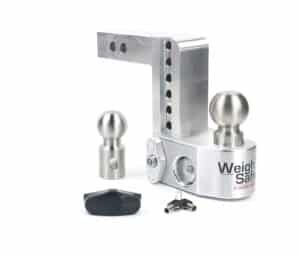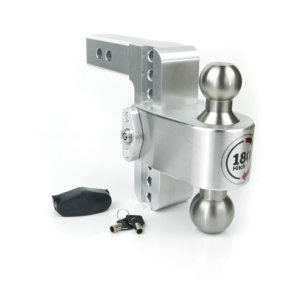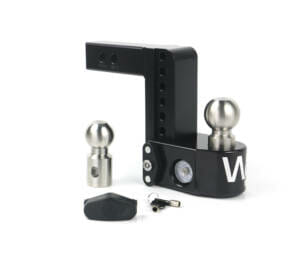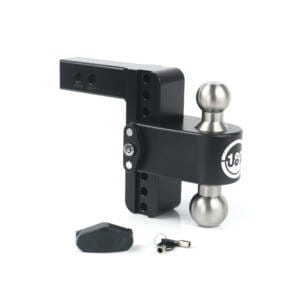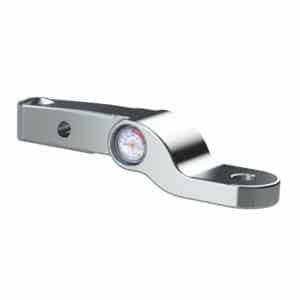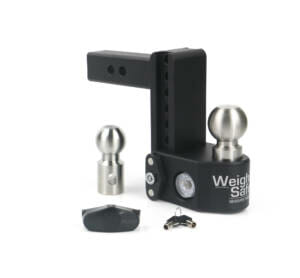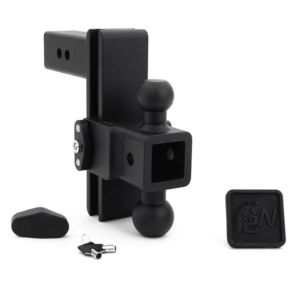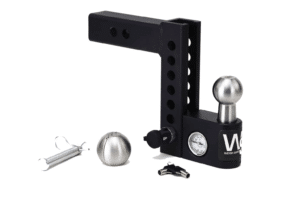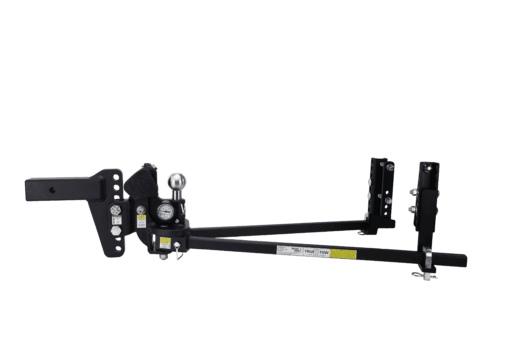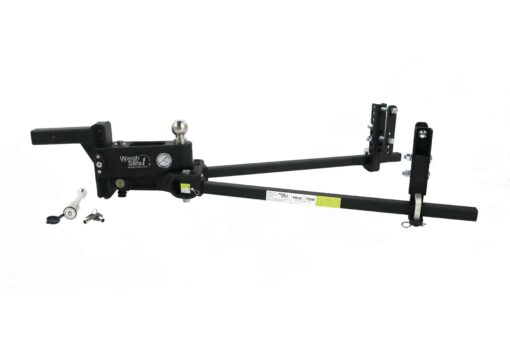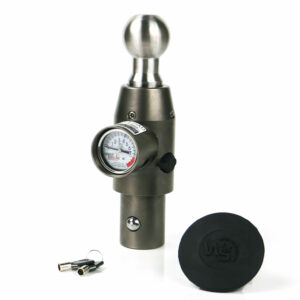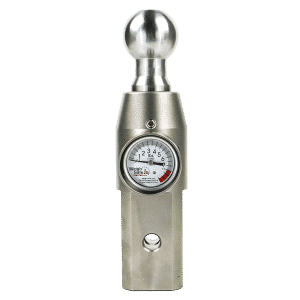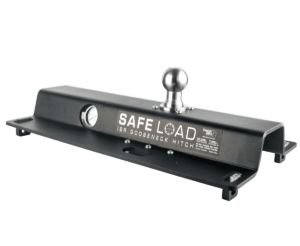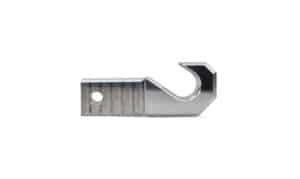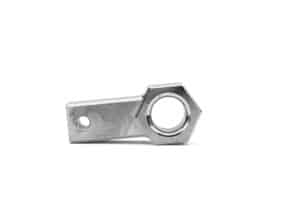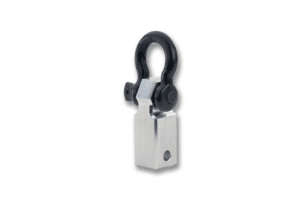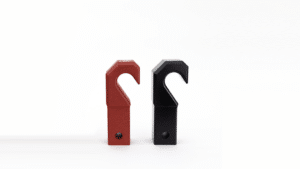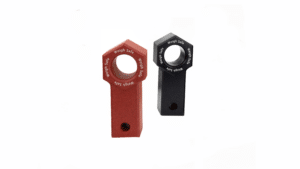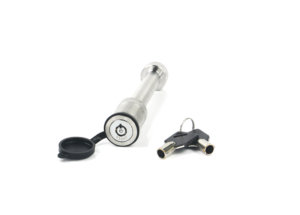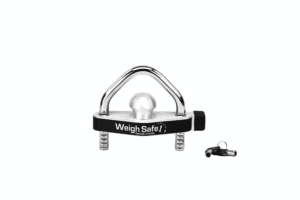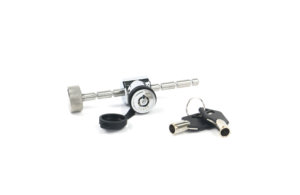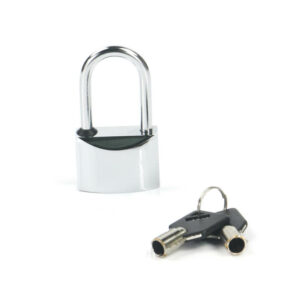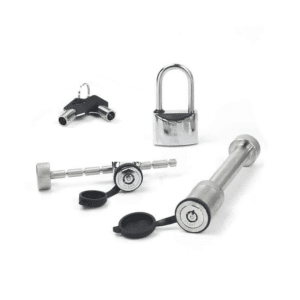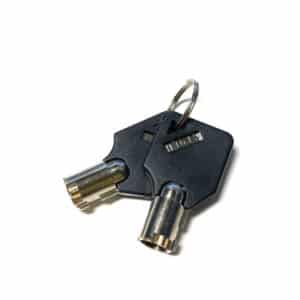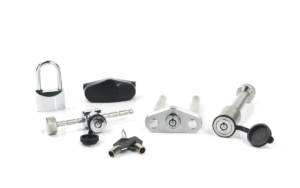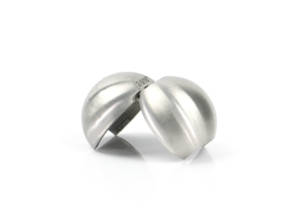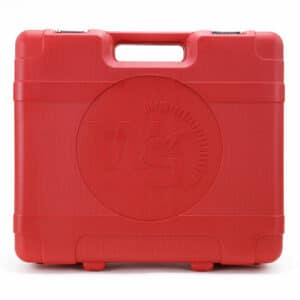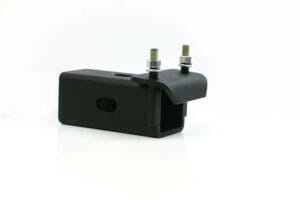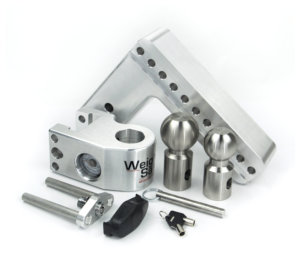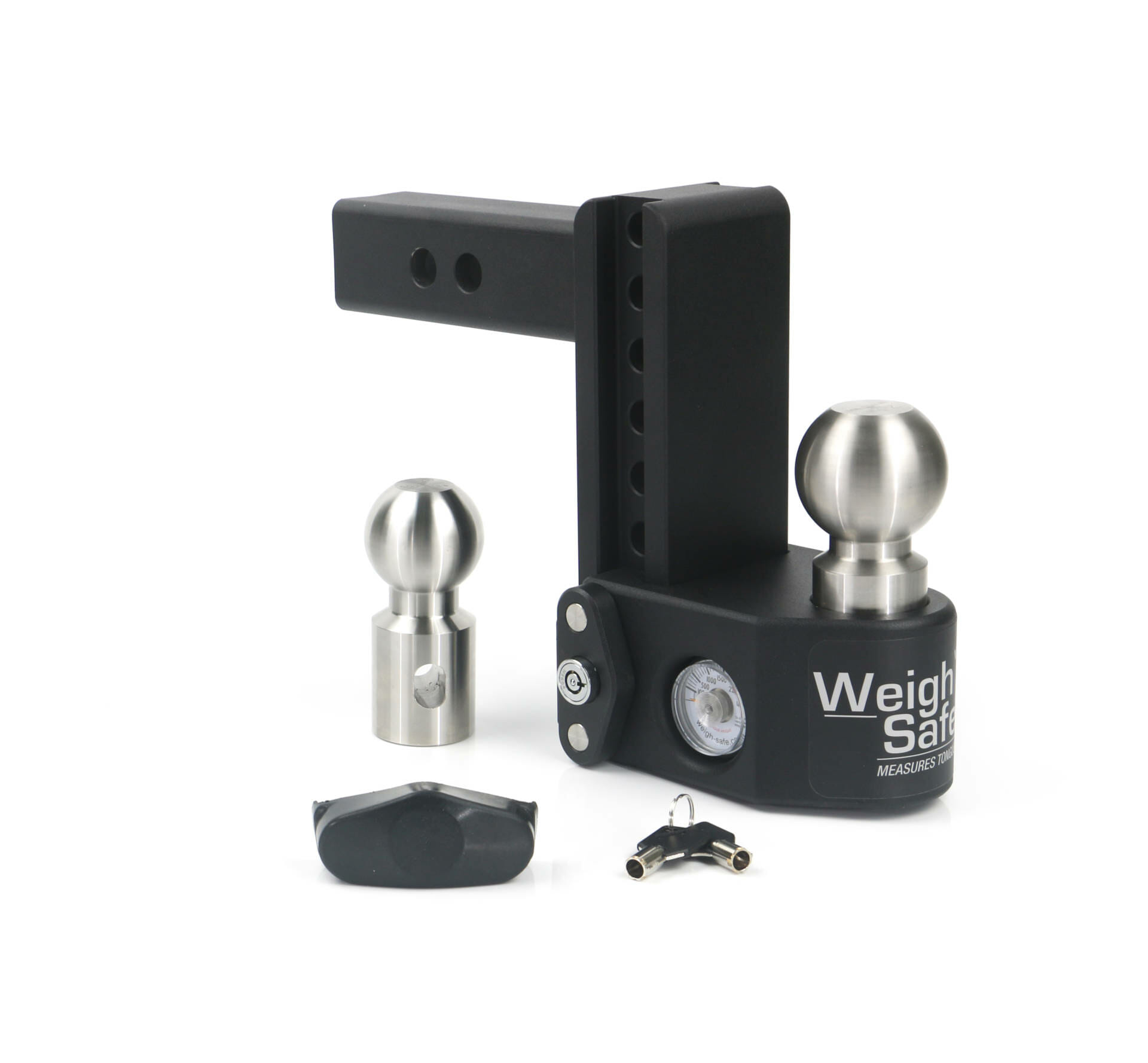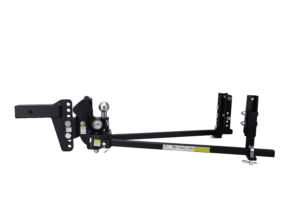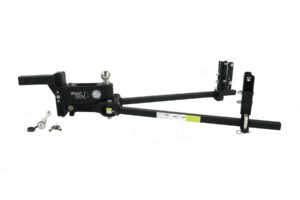Towing Education
Exploring the Different Types of Suspension Systems on Trailers
When it comes to trailers, be they for transporting cargo, recreational vehicles, or any other purpose, the suspension system plays a critical role in ensuring a smooth and safe ride. The right suspension system can make a significant difference in the performance and longevity of your trailer. In this blog, we’ll delve into the various types of suspension systems commonly used on trailers and the advantages and disadvantages of each.
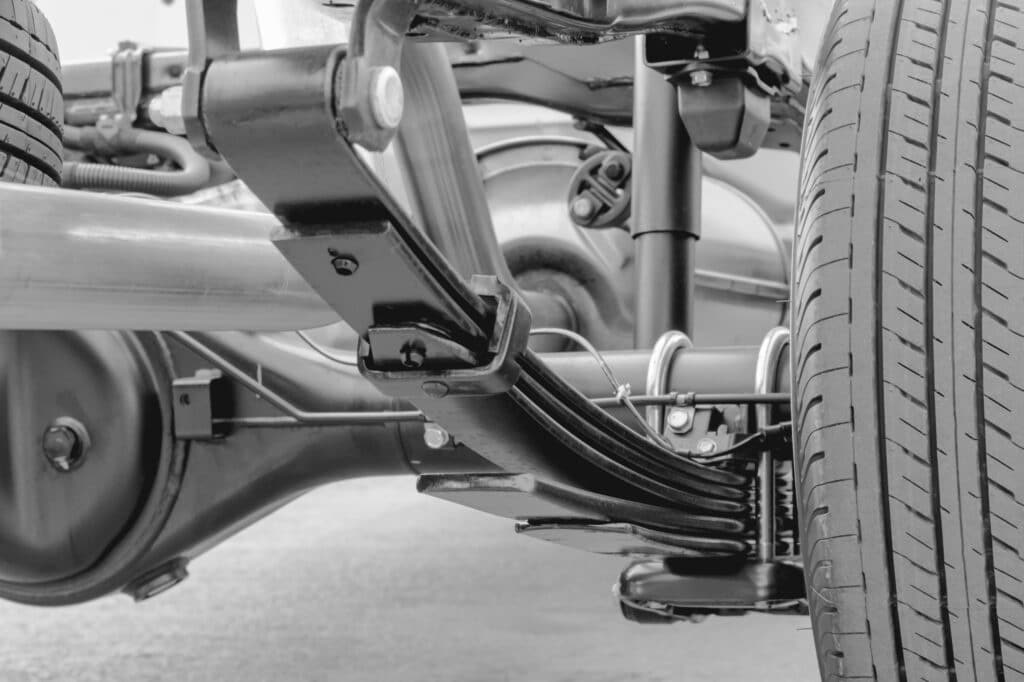
1. Leaf Spring Suspension
Leaf spring suspension is one of the most traditional and widely used suspension systems on trailers. It consists of several stacked leaf springs, typically made of hardened steel, attached to the trailer’s frame and axles. When the trailer encounters bumps or irregularities in the road, these springs flex and provide a cushioning effect.
Advantages:
- Cost-effective and durable.
- Reliable and simple design.
- Easy to maintain and repair, as individual leaf springs can be replaced.
Disadvantages:
- Not as smooth a ride as some other suspension systems.
- Limited shock absorption on rough terrain.
- Prone to wear and noise over time.
2. Torsion Axle Suspension
Torsion axle suspension, also known as rubber torsion suspension, is a popular choice for smaller and lighter trailers. Instead of leaf springs, it employs a rubberized axle assembly. This system provides independent wheel movement, improving stability and reducing bounce.
Advantages:
- Excellent shock absorption, resulting in a smoother ride.
- Independent suspension for each wheel.
- Less maintenance compared to leaf spring systems.
Disadvantages:
- Higher upfront cost compared to leaf springs.
- Limited weight-carrying capacity, suitable for lighter trailers.
3. Independent Suspension
Independent suspension systems are often found on premium trailers, such as high-end travel trailers and horse trailers. These systems allow each wheel to move independently of the others, resulting in better traction and a smoother ride.
Advantages:
- Exceptional ride comfort and handling.
- Enhanced stability, especially on uneven terrain.
- Reduced risk of trailer sway.
Disadvantages:
- More complex and costly to manufacture.
- Higher maintenance costs and potential for repair.
4. Air Suspension
Air suspension systems are commonly found on heavy-duty and commercial trailers. They use air springs to support the trailer’s weight and can be adjusted to accommodate varying loads and road conditions.
Advantages:
- Outstanding load-carrying capacity.
- Adjustable ride height for different conditions.
- Improved ride comfort and stability.
Disadvantages:
- Complex and expensive to install and maintain.
- Requires additional equipment like an air compressor.
- Potential for air leaks and system failures.
5. Rubber Suspension
Rubber suspension systems are often used in specialty trailers like horse trailers and livestock carriers. They utilize rubber elements that absorb shocks and vibrations, offering a cushioned ride.
Advantages:
- Excellent shock absorption for delicate cargo like animals.
- Reduced road noise and vibration.
- Relatively low maintenance.
Disadvantages:
- Limited weight-carrying capacity.
- Not suitable for heavy cargo transport.
- Can wear out over time and require replacement.
Choosing the Right Suspension System
The choice of suspension system for your trailer depends on your specific needs, budget, and the type of cargo you intend to carry. It’s essential to consider factors like weight capacity, road conditions, and desired ride quality when making your decision.
Keep in mind that regular maintenance and proper loading of your trailer are crucial, regardless of the suspension system you choose. This will help ensure the longevity and reliability of your trailer and its suspension components.
In conclusion, the suspension system is a critical element of any trailer’s design, influencing its performance and safety. By understanding the different types of suspension systems and their pros and cons, you can make an informed choice that suits your unique trailer requirements. Whether you’re hauling cargo cross-country or taking your RV on a road trip, the right suspension system can make all the difference in your journey’s comfort and safety.
